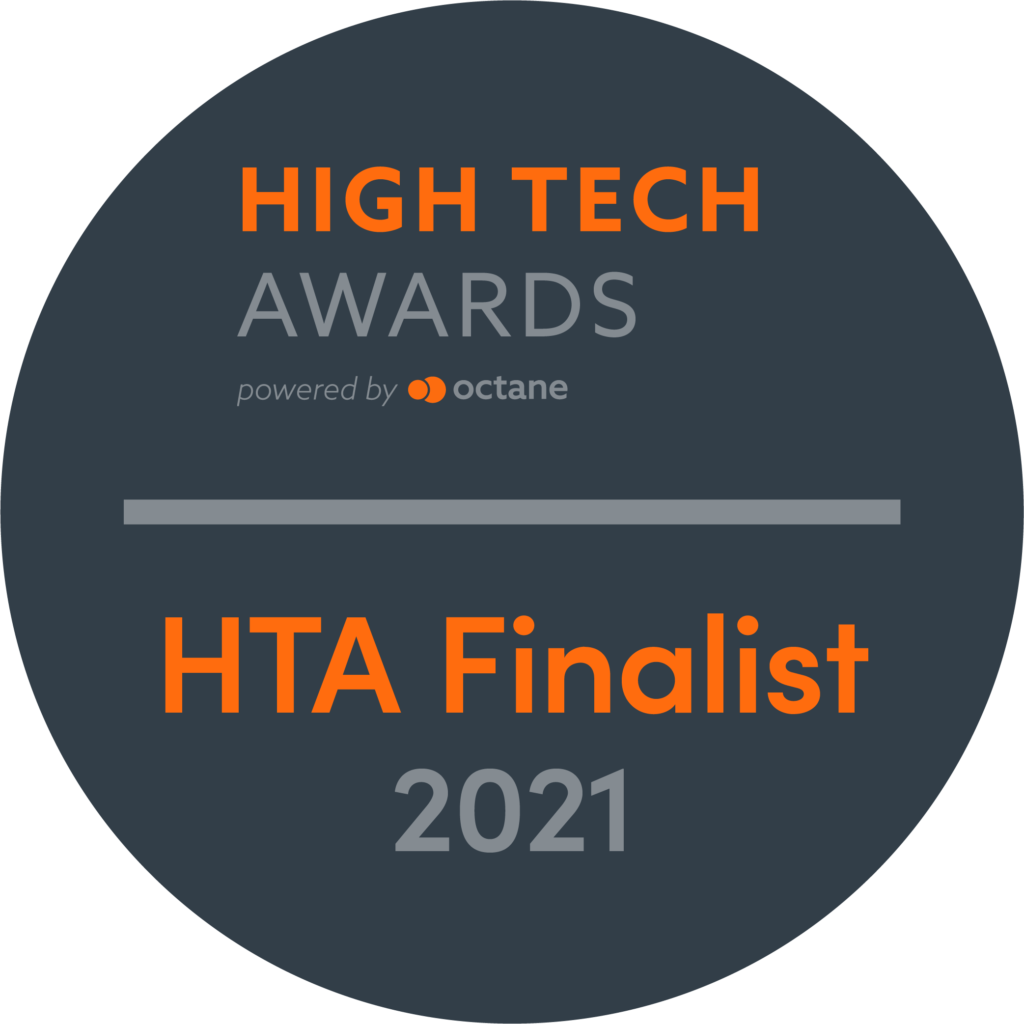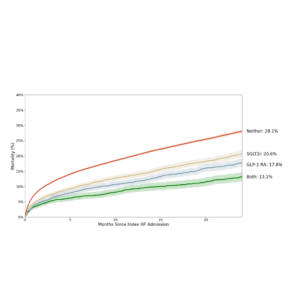
Octane’s annual High Tech Awards celebrates and recognizes individuals and companies who make Orange County a center of medical technology innovation. Throughout 28 years, the High Tech Awards have recognized more than 150 innovative companies. The annual event consists of 10 different categories ranging from Outstanding Small Technology Company to Best Technology Company Leadership Team and Best Small Technology CEO.
Octane announced the finalists for their 2021 High Tech Awards. egnite was chosen as a finalists for the “Outstanding Innovation in Medical Technology/Life Sciences” category at the 2021 High Tech Awards. This award is specifically for the innovation of a medtech/life science device or product. egnite’s CardioCare platform was nominated as the first to market solution leveraging artificial intelligence and predictive algorithms to identify the most at-risk structural heart patients to help physicians ensure patients don’t fall through the cracks.
CardioCare is making a difference by partnering with over 50 heart programs to help manage hospital’s vast structural heart patient populations and elevate the standard of patients care. Within one year of using the CardioCare platform, hospitals have observed a 29% improvement in patients diagnosed and a 35% increase in patients referred to a cardiovascular specialist.*
“We are using vast amounts of data to solve big problems and close gaps in patient care,” said Joel Portice, chief executive officer, egnite. “We believe this is the first of many AI applications that will become a game changer for our physician partners and deliver meaningful improvements in patient care, with the potential to save thousands of lives. Now, more than ever we are acting with urgency to get these AI solutions into providers’ hands.”
To learn more about CardioCare’s predictive suite, click here.
*Analysis represents aggregate median performance across 14 sites with baseline data after six months of using the CardioCare program.
#DigitalHealth #PrecisionMedicine #ArtificialIntelligenceSolutions




